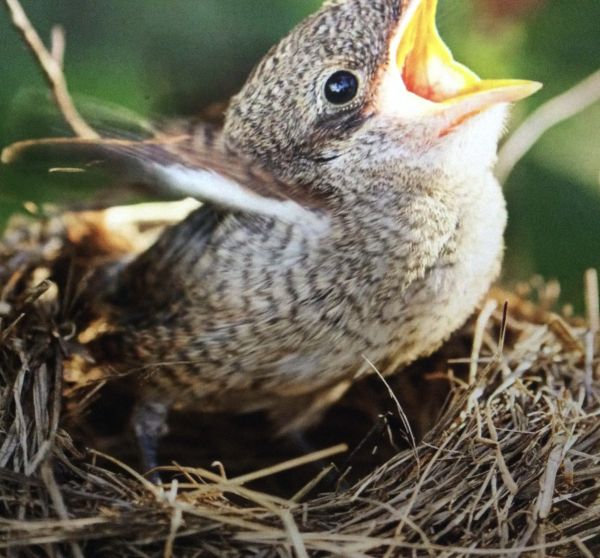Jesus in today's Gospel tells parables about the Kingdom of God, taking his cue from the elements of nature: mustard seed and yeast.
Using natural and real connections, he explains the physiognomy of the Kingdom.
St Francis and St Clare of Assisi were two mustard grains that by growing in humility and hiddenness became such large trees that so many creatures found shelter on their branches.
Specifically, the Papal Bull of canonisation 'Clara Claris praeclara' speaks of Clare as follows:
"This was the tall tree, stretching up towards heaven, with large branches, which in the field of the Church produced sweet fruit [...] and in whose pleasant and pleasant shade many followers flocked from all sides, and still flock to taste its fruit" (FF 3294).
The Kingdom of God finds development in these singular metaphors of which the Poor Man of Assisi and the recluse Clare are plastic and concrete testimonies.
But like Jesus, St Francis also spoke to his brothers in parables. The Sources attest to this in various passages.
When she wished to make them understand the path that awaited them in order to welcome the Kingdom of God, she called to mind various parables, traversed by a wise evangelical fabric.
We recall one among many, with which he proclaimed the Word that the Lord entrusted to him.
By presenting himself to the Pope, Jesus made him understand how he had to express himself.
"He, in fact, told the Pontiff as God had suggested it to him, the parable of a rich king who, with great joy, had married a beautiful and poor woman and had children who had the same appearance as the king, their father, and who, therefore, were brought up at the king's own table.
He then gave an interpretation of the parable, coming to this conclusion:
"It is not to be feared that the children and heirs of the eternal King should starve; for they, in the likeness of Christ, were born of a poor mother, by virtue of the Holy Spirit.
For if the King of heaven promises his imitators the eternal kingdom, how much more will he provide for them those things which he bestows without distinction upon the good and the bad".
The Vicar of Christ listened attentively to this parable and its interpretation and, filled with wonder, recognised without a shadow of doubt that, in this man, Christ had spoken.
But he also felt reassured by a vision he had on that occasion, in which the Spirit of God had shown him the mission to which Francis was destined.
For, as he related, in a dream he saw that the Lateran Basilica was now about to ruin, and that, a poor man, small and contemptible in appearance, was supporting it, putting his shoulders under it, so that it would not fall.
"Truly," the Pontiff concluded, "these are the ones who by their work and doctrine will uphold the Church of Christ" (FF 1064).
"Counting on divine grace and papal authority, full of confidence, Francis set out for the Spoletana valley, ready to practise and teach the Gospel" (FF 1065).
These parables are also the narrative of the coming of the Kingdom of God, of its expansion in the mustard seed of Francis and Clare, and their incredible development.
Francis was a son of the Word, the good Seed, committed to live according to God and bearing fruit.
In him, the grain sown grew and multiplied, giving shoots of charity, bestowed along the path of life.
Born and bred in a poor religion, the Little One of God often instructed his brothers not to be servants of the weed sown in the world by the evil one, not to follow its perverse and anti-evangelical logic.
He recommended that they live the Word sown by Christ.
We read in his writings:
"All those who [...] walk after evil concupiscence [...] and do not observe those things which they have promised to the Lord and serve [...] the cares of the world and the preoccupations of this life: they are prisoners of the devil, whose children they are and do the works; they are blind, for they do not see the true light, our Lord Jesus Christ.
They do not have spiritual Wisdom, for they do not possess the Son of God, who is the true wisdom of the Father (FF 178/4).
Also, as he explained to the Supreme Pontiff to whom he went for approval of the Rule, the sons of God have nothing to fear:
"It is not to be feared that the children and heirs of the Eternal King should starve; for they, in the likeness of Christ, were born of a poor mother, by virtue of the Holy Spirit, and were begotten, by virtue of the spirit of poverty, into a poor religion.
If, indeed, the King of Heaven promises his imitators the Eternal Kingdom, how much more will he provide for them those things which he bestows without distinction on the good and the bad" (FF 1064).
11th Sunday in O.T. (B) (Mk 4:26-34)












